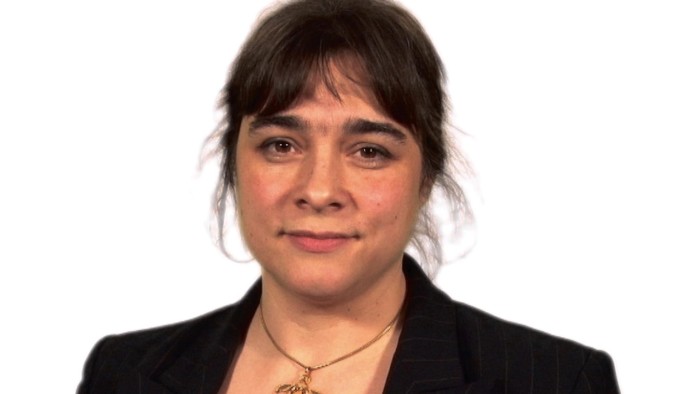Women in Business — Eve Poole

Simply sign up to the Business education myFT Digest -- delivered directly to your inbox.
Eve Poole is an Ashridge Associate, teaching across the UK business school’s open and custom programmes and researching leadership, emotional intelligence and ethics.
Ms Poole started her career at the Church Commissioners for England before studying for an MBA at the University of Edinburgh Business School. There, she won the Association of MBA’s Student of the Year Award. She then worked for Deloitte, where she specialised in change management, particularly in the financial services industry.
In 2010, Ms Poole studied part-time for a PhD at Cambridge university. She has since written a book called Capitalism’s Toxic Assumptions: Redefining Next Generation Economics.
1. How would you describe the central theme of your book and what does it mean for women in business?
The central theme is that our flat-earth thinking about economics is stopping us from making the right decisions about how to reform the market. Women are particularly well-placed to make this reform happen, because their ‘tend and befriend’ biology hardwires them to respond more fruitfully in stressful environments.
2. What has been your best business decision so far?
Saying yes to becoming chairman of Gordonstoun, a boarding school in Scotland. Many of the senior executives I coach could have done with a character-based education much earlier on. If our elite boarding schools are producing our future leaders, they really need to get it right. And Gordonstoun takes character seriously. I’m their first female chairman, which sends out a great signal.
3. What do you enjoy most about teaching?
I love that moment when leaders finally give themselves permission to be themselves. It’s so releasing when you realise that you don’t need to try to be someone else all day! Then the hard work starts — how can you ‘be yourself, more, with skill’?
4. What are the gender dynamics like in business schools?
Not as diverse as I’d anticipated. To be fair, that’s largely customer-driven. I have always taught classes full of men who are older than me. So I have to be really, really, really good not just to get buried in the feedback forms.
5. What would you do if you were dean of a business school for the day?
Teach ethics. Properly. Virtue ethics not utilitarianism. Or maybe I would declare it a silent day, with no devices or reading, just to see what a day of genuine reflection might create.
6. What is your favourite business book?
The Prince by Niccolò Machiavelli — ‘a shrewd man . . . should act as skilful archers do, when their target seems too distant: knowing well the power of their bow, they aim at a much higher point, not to hit it with the arrow, but by aiming there to be able to strike their target’ (Chapter VI). I did my MBA thesis about Machiavelli for management.
7. Which three people would you invite to a business meeting?
The person who has most recently joined the company, the one who has been there the longest, and the one who has just left to join a competitor.
8. What are your top tips for networking?
Be generous. Networks only work if you are a net contributor. Give freely and often — advise on CVs in the dead of night, volunteer for committees, meet strangers for a chat — it always pays off in the end. Join everything and get on Twitter, immediately.
9. If you could do it all again, what would you do differently?
Learn Myers Briggs and FIRO-B assessments and emotional intelligence earlier, and do finishing school earlier — I attended Lucie Clayton College in the summer of 1998, the same one actress Joanna Lumley attended. And yes, we did learn how to get in and out of cars, how to turn down chaps, and how to walk.
10. What is your plan B?
Personal shopper or nun.
Comments